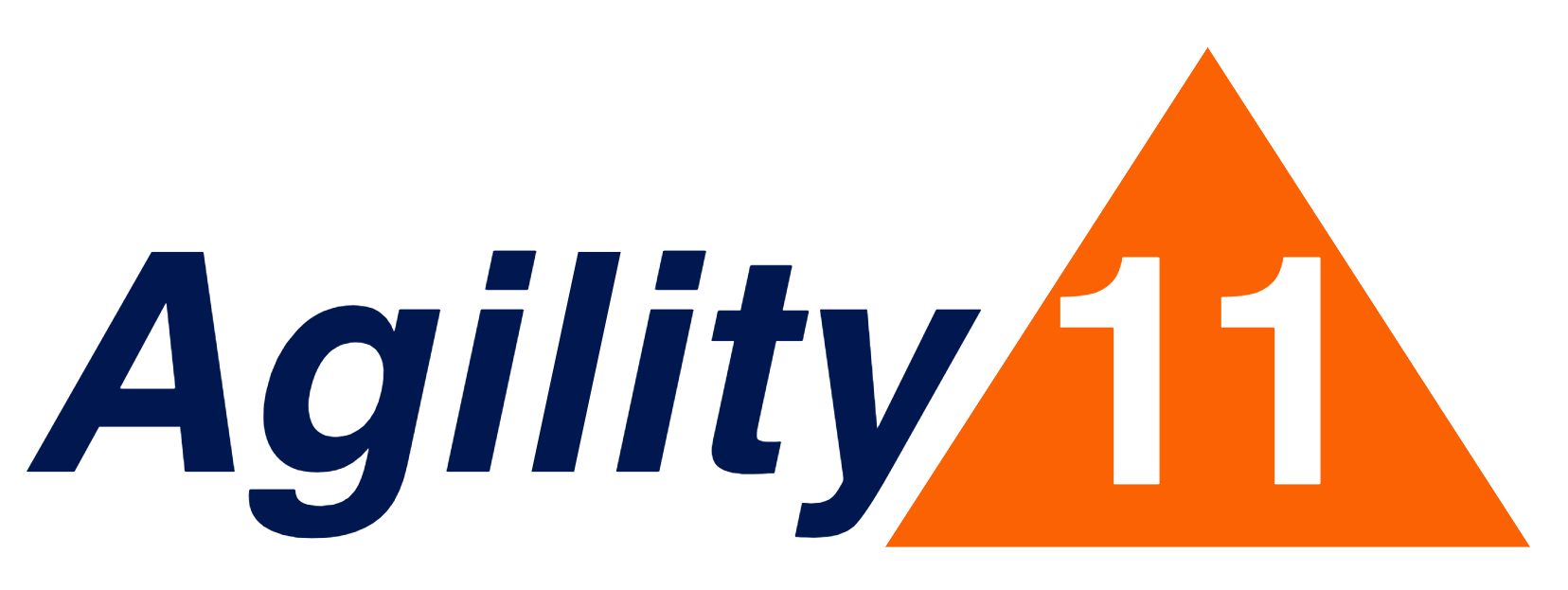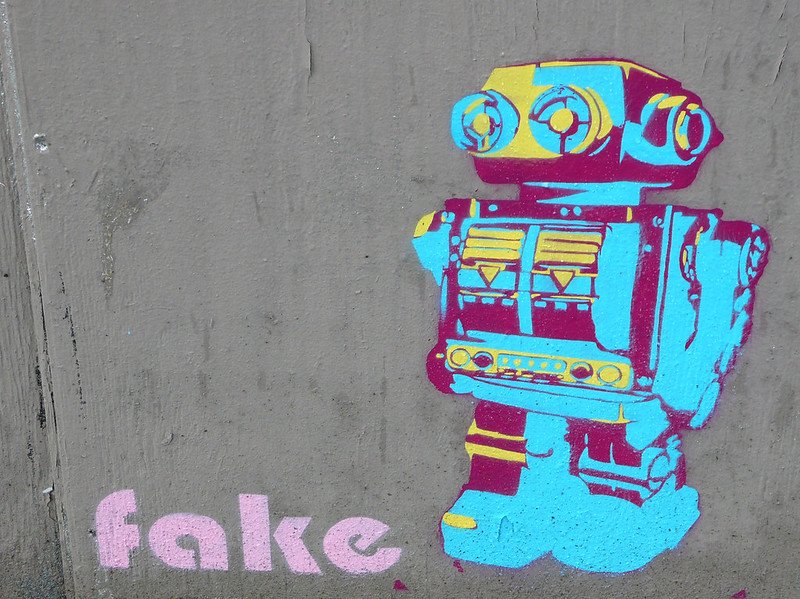Is It Real Agile or Fake Agile? Five Criteria to Assess
Agile practices are now mainstream, but does that mean organizations are ‘doing Agile right’? Unfortunately, many organizations — and probably the majority — fall short. Many have tried to merely ‘install’ agile practices at the team level, adopting agile-sounding terminology, but have ended up with Fake Agile.
Here are five criteria to determine if your organization has implemented Real Agile or Fake Agile. If your organization meets all five criteria, then congratulations - you likely are a Real Agile organization!
People First. Our front-line team members report that they are respected, empowered, and have the psychological safety to learn, contribute, and respectfully challenge the status quo.
Customer Value. We deliver new value to our customers continuously, and delivery team members interact directly with their customers or stakeholders - not an intermediary - at least once every two weeks.
Focus: We limit work-in-process at the organizational level and team level, using a Lean ‘pull’ system to match capacity with demand. People are focused, avoid overwork, and deliver fast. At least 80% of front-line team members are dedicated 100% to a single team with a single prioritized backlog.
Business Results. We have achieved a substantial and objective improvement in one or more business outcomes, e.g.: time-to-market, innovation, quality, predictability, productivity, customer satisfaction.
Continuous Improvement. We continually improve on all the above areas, in a measurable way, month over month. Every team implements at least one improvement action or experiment monthly.
At Agility 11, we use the Path to Agility® framework to guide organizations to achieve real agility, and real business results. Agility 11 guided the Web Marketing division of a Fortune 500 software company to improve delivery cycle time by 38% and reduce defects by 47%. Contact us to learn more about how we help you get there.
Getting to Real Agile isn’t easy - it requires a true commitment and proactive leadership engagement. And the journey never truly ends - it’s a culture, a mindset, and a way of working that can erode without strong leadership at every level.
Image by Zapdelight via Creative Commons license.

